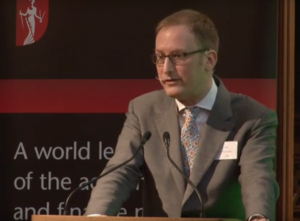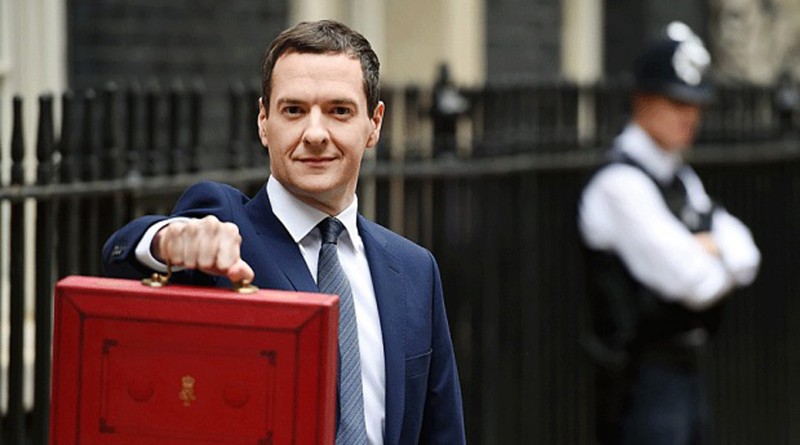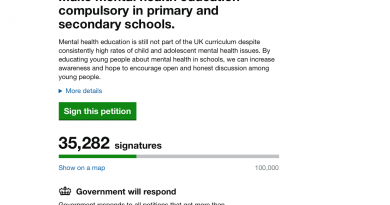Institute of Fiscal Studies joins the chorus of critics of the 2016 budget
Scrutiny of George Osborne’s budget for 2016 continued today as the Institue of Fiscal Studies, one Britain’s most important economic think tanks, presented a critical review of the budget.
Paul Johnson, director of the IFS, opened the discussion with introductory remarks about the 2016 budget.
His opening remarks criticised the chancellor for “making too much” of the £27 billion the Office of budget Responsibility found in November, stating that “rather than finding £27 billion the OBR lost £56 billion down that same sofa”.
He also called out the Chancellor on a claim made in Parliament yesterday that 1.3 million of the lowest paid workers will be taken out of tax altogether. This was in reference to the increase of personal allowance on income tax to £11,500.
Mr Johnson reminded listeners: “It remains the case that National Insurance Contributions, which are just another tax on earnings, start to be paid once earnings rise above about £8,000. Low paid workers are not taken out of tax by raising the personal allowance.”
“We need a serious plan and strategy here. This is not the way to make a good tax policy.”

Other critics of Mr Osborne’s budget have claimed that the budget is an attempt to woo voters before the EU referendum. Quoting the OBR, Osborne said during his budget speech: A vote to leave in the forthcoming referendum could usher in an extended period of uncertainty regarding the precise terms of the relationship with the EU.
Give-aways, or gimmicks, have included cutting the supplement charge on fuel by half, “effectively abolishing petroleum revenue tax”, a “devolution revolution” in the North, East and West, and upgrading transport routes to the north of the UK including motorway upgrades and the development of HS3.
A lot of these give-aways can be seen as a way of appeasing northern voters, particularly those in Scotland.
Another notable change is the tax on sugar, which the chancellor hopes will generate enough money to tackle obesity in schools.
Unlike last year, Mr Osborne did very little grand standing. Where he would boast about Britain as the strongest and fastest growing country in Europe, there was very little reference to the Global Economy.
He did however draw attention to the apparent relief his budget grants poorer citizens calling it, “Social justice delivered by conservative means.”
A statement that may be harder to swallow at yet another cut to corporation tax, bringing it down to 17% and tax exemption for 600 small businesses.
Jeremy Corbyn lambasted the chancellor’s budget calling it “The culmination of six years of his failures. It’s a recovery built on sand on a budget of failure. Paid for by those that can least afford it.”
Quoting the IFS, he said, “The poorest have suffered the greatest proportional losses.”




